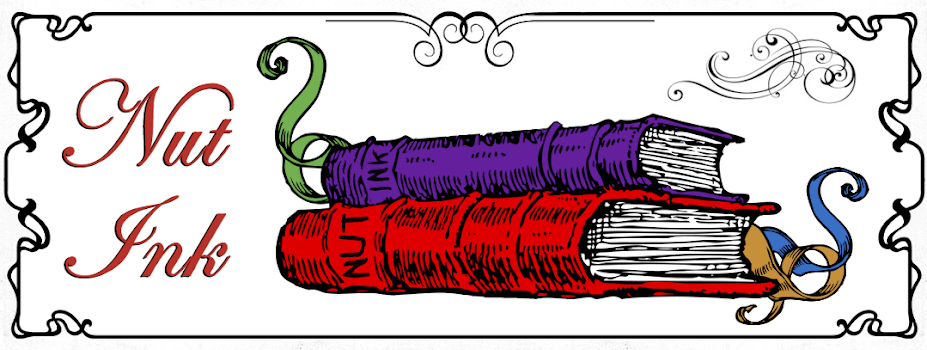Author: Matt Groening | Page Count: 157
“I wrote you three times but you never sent me a drawing of Marge Simpson naked.”
A collection of single page sketches culled from Matt Groening's Life in Hell comic strip. It’s difficult to review because comedy is one of the most subjective mediums, so the success of the collection is primarily based on whether you can connect or appreciate Groening’s sense of humour or not.
Stylistically, it has his unique stamp on every page. If you're a fan of the Simpsons, or if it's all you know him from. then you'll recognise and be comfortable with the art style; there's even more than one cameo from some of the cast.
It’s full of wry observations on life, work and family, ironic and sardonic situation jokes and astute political commentary, but unless you agree, disagree or have personally experienced such situations then the impact may be lessened.
It's a mixed bag; some panels work beautifully and some lack spark. For me, it was mostly 'meh', never reaching the heights of Jim Davis or the wonderful Gary Larsen. I can’t complain, though, I got it new in a book sale for less than the cost of an average priced bar of chocolate. Plus, it has bunnies. We like bunnies.
2½ and good for killing time on the shitter out of 5








